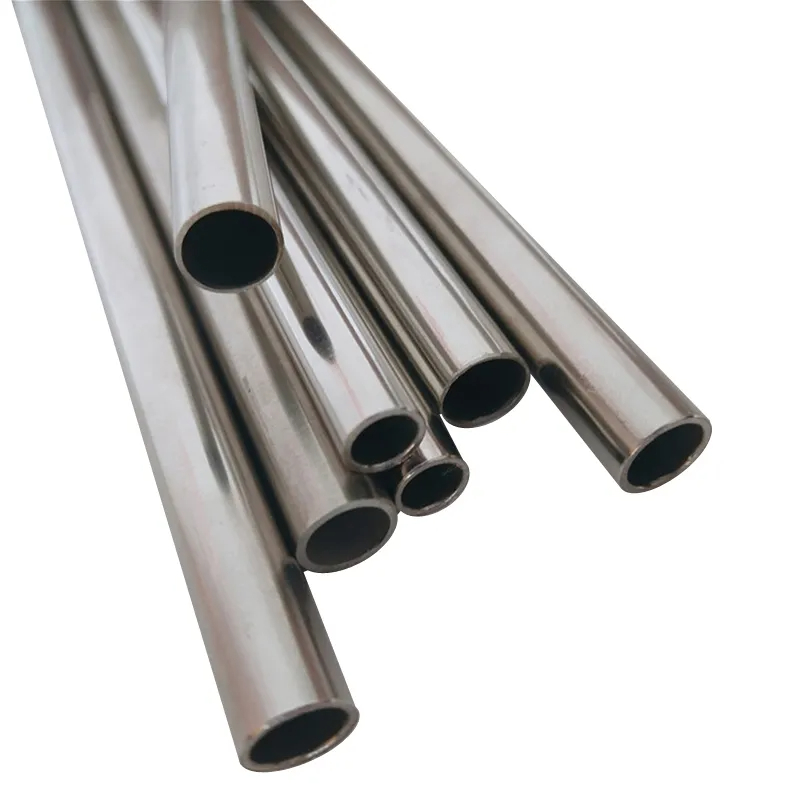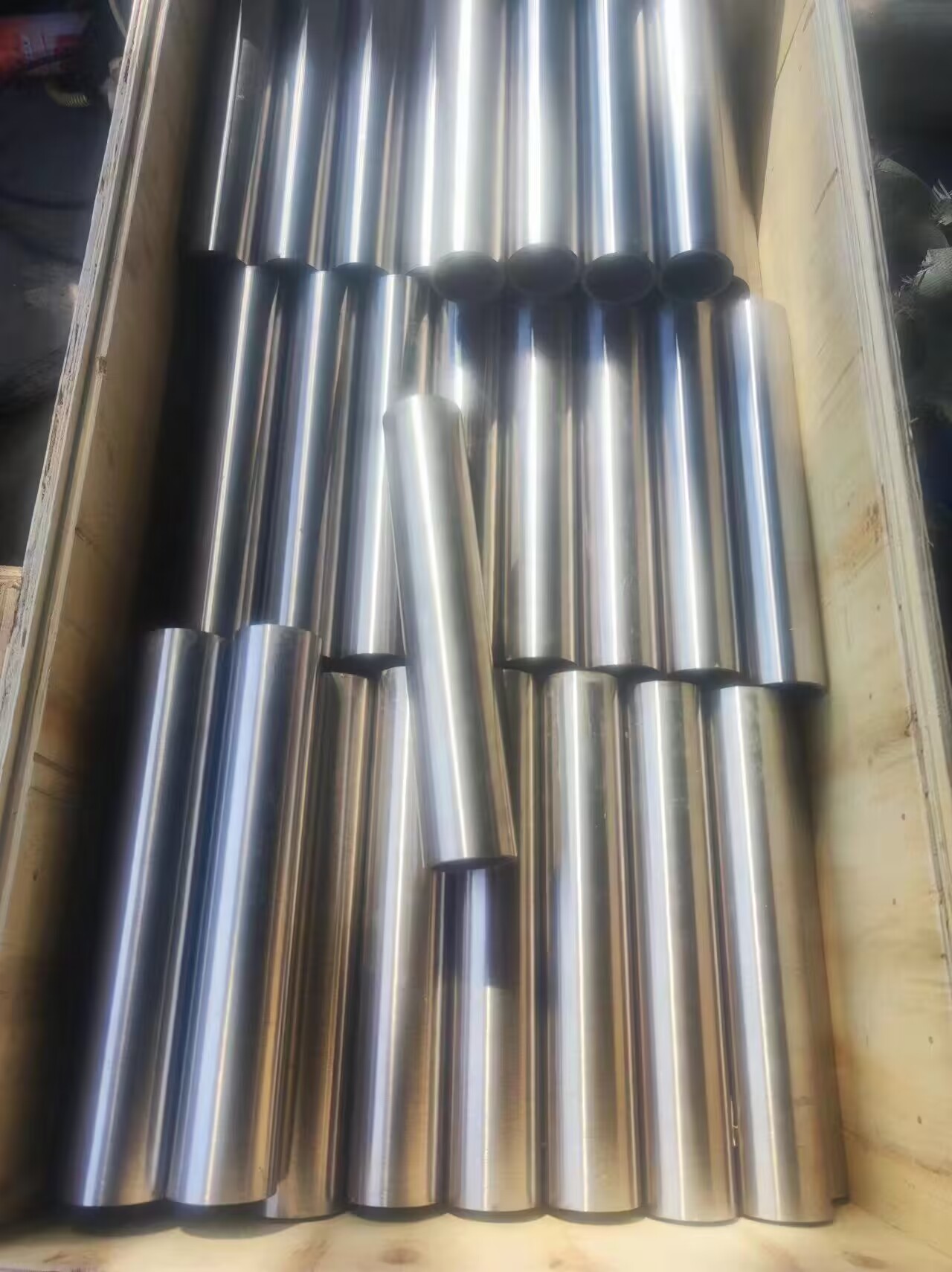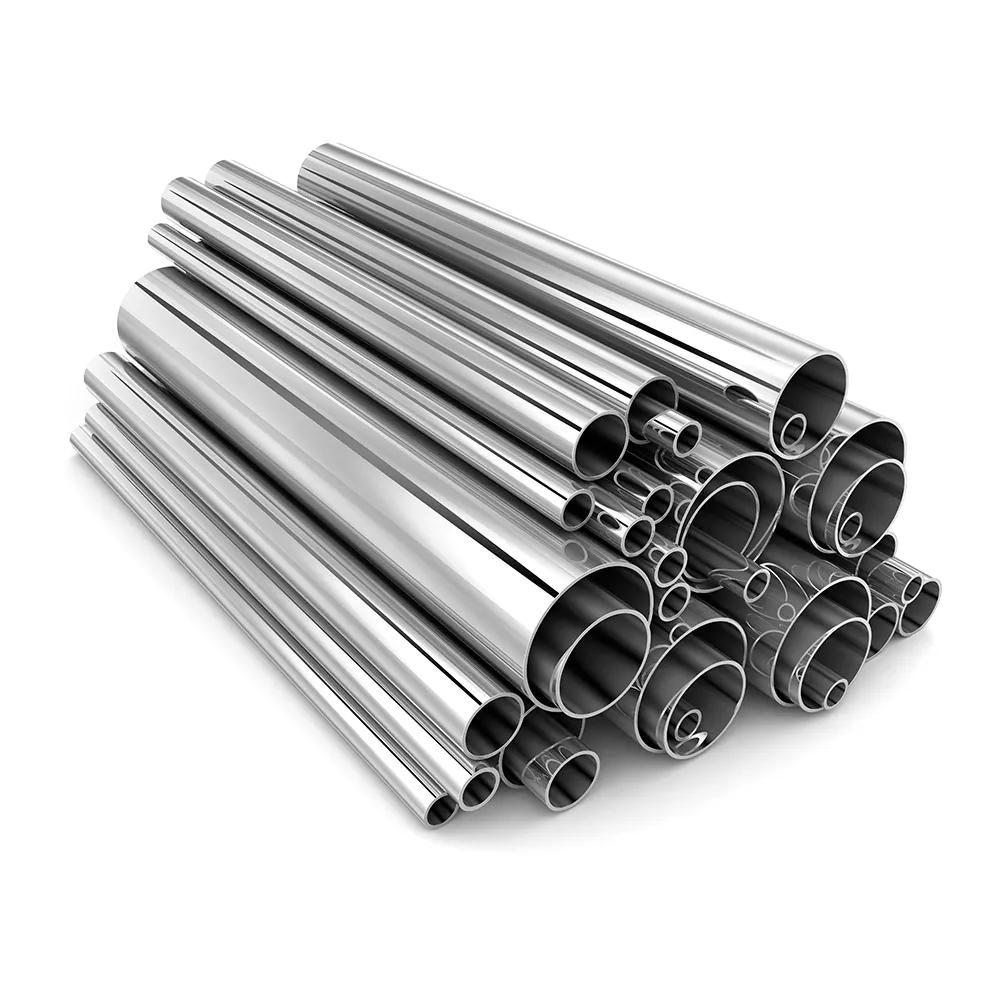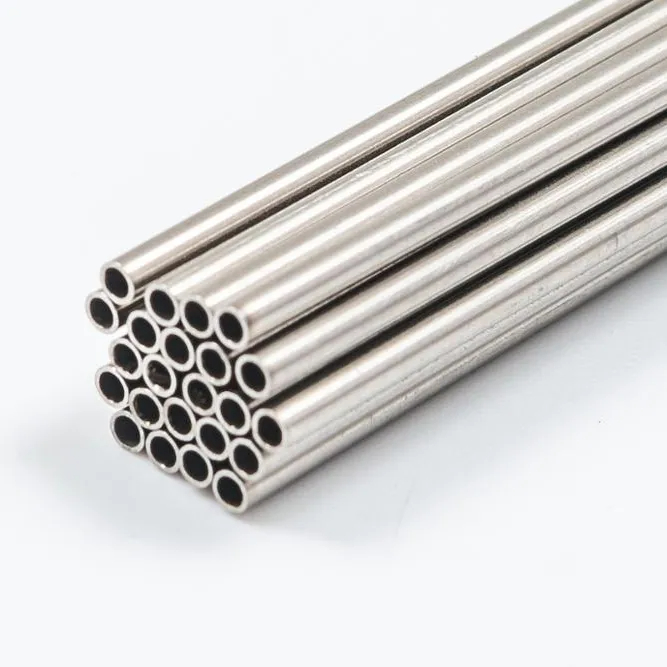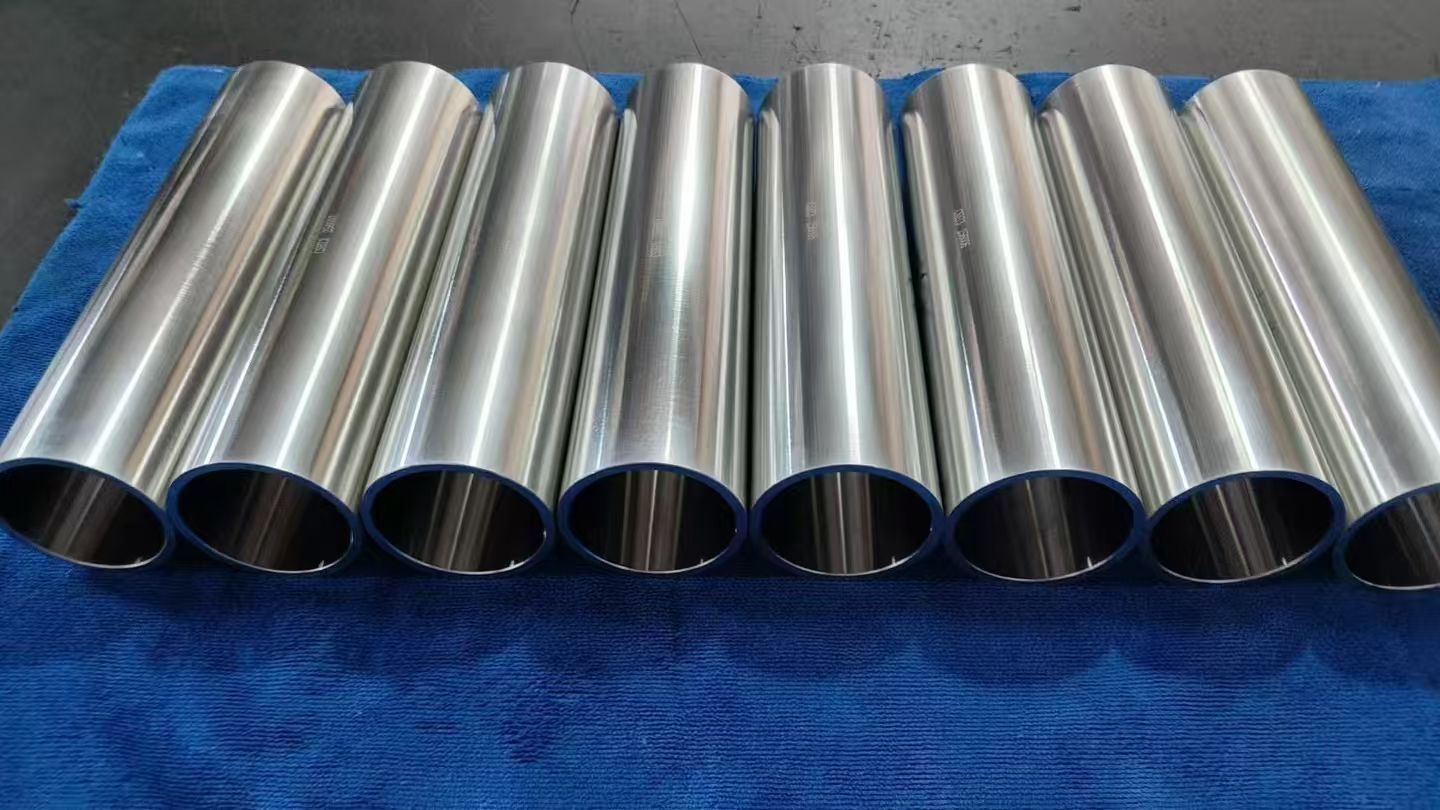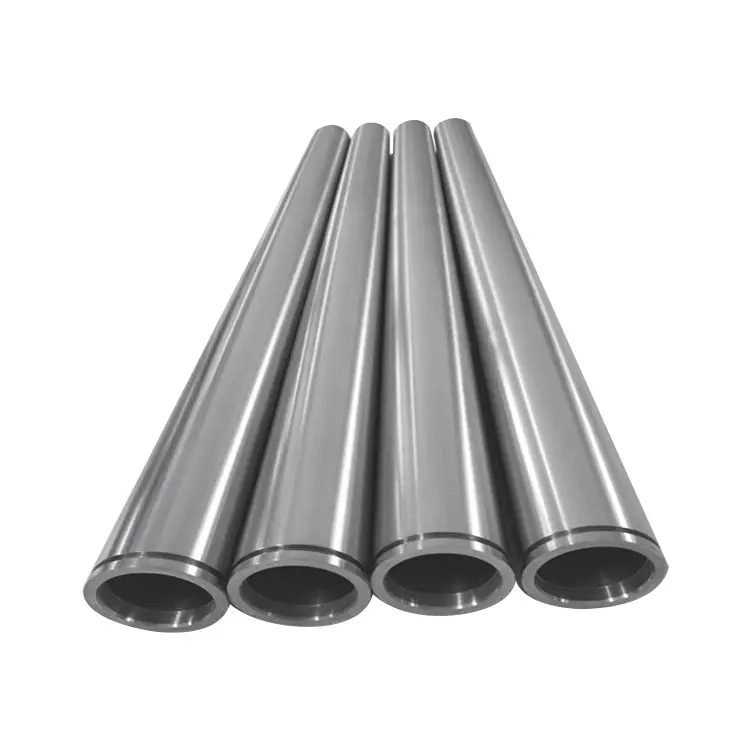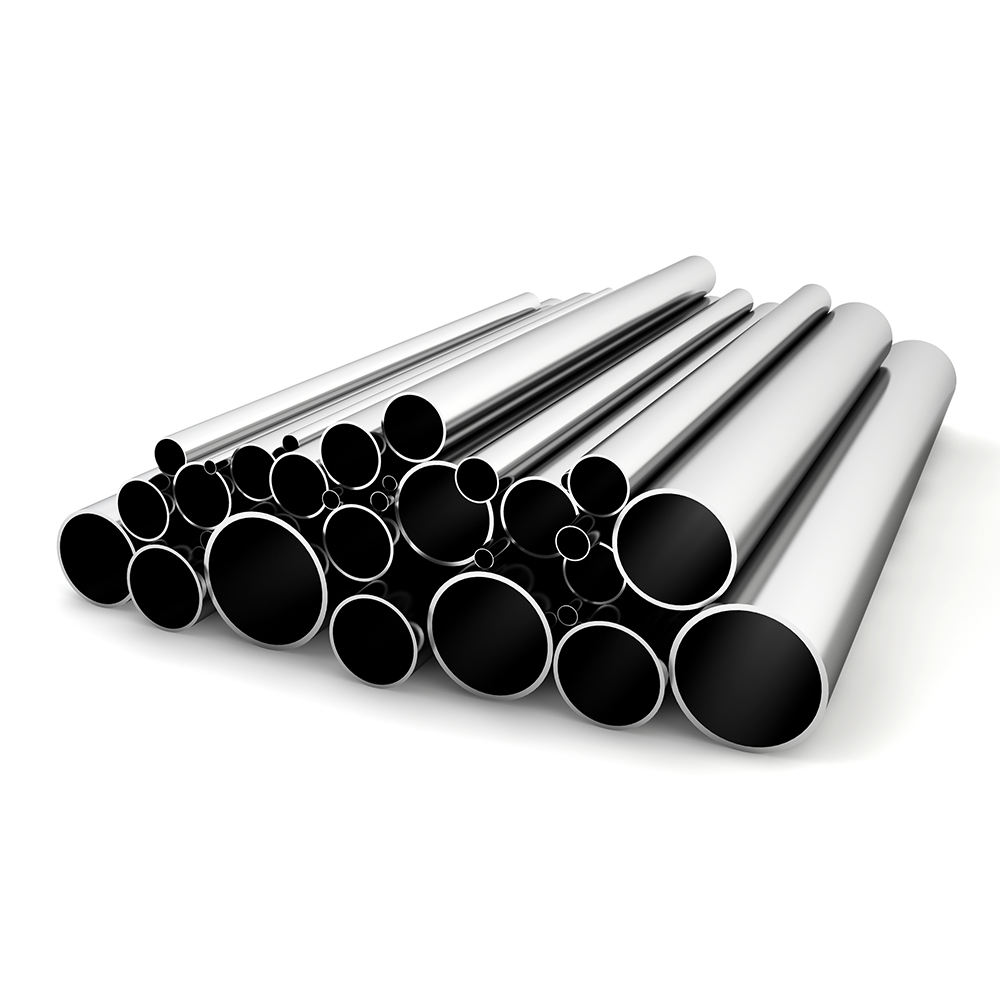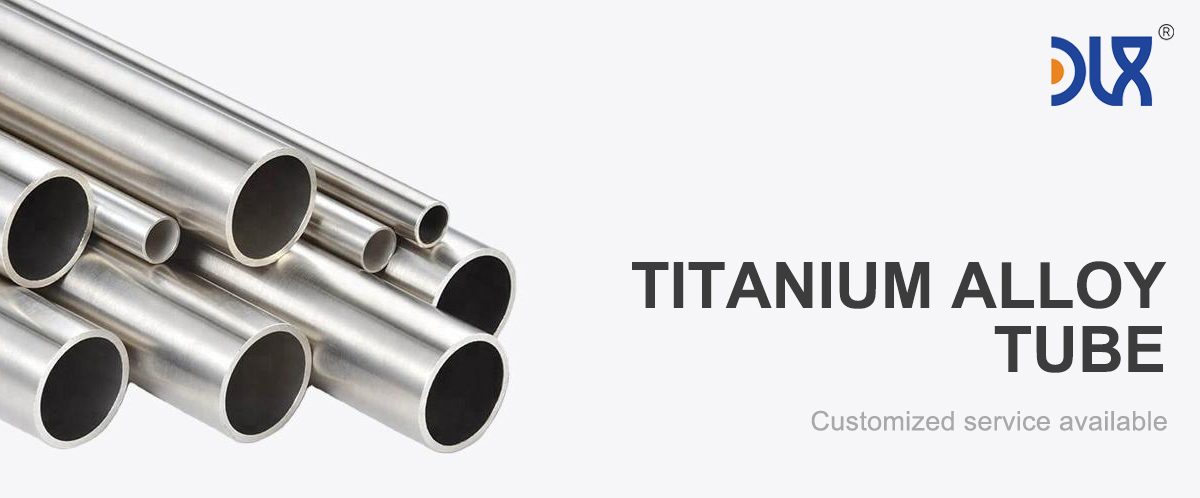
Our ASME SB338 Titanium Tube s are built to power the heart of condenser systems in power generation. These seamless and welded tubes, often made from Grade 2 or Ti-6Al-4V alloys, meet strict industry standards and deliver unmatched corrosion resistance, strength, and durability. Whether it’s a fossil fuel plant, nuclear reactor, or geothermal facility, our titanium tubes keep condensers running efficiently in the toughest conditions. As the power generation industry pushes for reliability and sustainability, our tubes are the go-to choice for high-performance condenser systems.
For more details, pls directly contact us.
Titanium is a superstar for power generation condensers, and our ASME SB338 tubes show why. With a density of about 4500 kg/m³, they’re way lighter than stainless steel (8000 kg/m³) or copper-nickel (8900 kg/m³), making installation easier and reducing structural loads. Their tensile strength, ranging from 900 to 1000 MPa for Grade 5, ensures they handle the high pressures and stresses of condenser systems without buckling.
Corrosion resistance is where these tubes really shine. Cooling water in condensers—whether it’s seawater, river water, or treated water—can be brutal, with chlorides, salts, and other corrosive agents. Our titanium tubes form a protective oxide layer that laughs off corrosion, ensuring long-term reliability. They also resist biofouling, thanks to their smooth surfaces, which means less algae or marine growth clogging up your system. They hold up at temperatures up to 400°C, perfect for steam-driven condensers, and their fatigue resistance ensures they can take the constant vibrations and cyclic loads of power plants without cracking.
Our precision manufacturing delivers tubes with tight tolerances and flawless finishes, ensuring optimal heat transfer and leak-free performance. Whether it’s a massive nuclear plant or a compact geothermal system, our tubes are built to keep things cool and efficient.
Applications in Power Generation Condensers
Our ASME SB338 titanium tubes are the backbone of power generation condenser systems. In fossil fuel plants, they’re used in surface condensers, where they handle hot steam and corrosive cooling water. In nuclear power plants, they ensure reliable heat transfer in high-stakes environments. Geothermal plants rely on them to manage hot, corrosive brines, while combined-cycle gas turbine plants use them for efficient cooling under high temperatures and pressures.
Beyond condensers, our titanium tubes pop up in other power generation applications. They’re used in heat exchangers, feedwater heaters, and cooling systems, where their corrosion resistance and durability shine. They also find use in chemical processing and desalination, but for us, power generation condensers are where our tubes make the biggest impact, keeping plants running smoothly and efficiently.
| Titanium (Ti) | Aluminum (Al) | Vanadium (V) | Tin (Sn) | |
| Ti-6Al-4V | Rest | 5.5%-6.8% | 3.5%-4.5% | |
| Ti-5Al-2.5Sn | Rest | 4.5%-5.5% | 2.0%-3.0% |
Physical Properties
| Density | 4.4-4.5g/cm³ |
| Melting Point | 1660°C |
| Coefficient of Thermal Expansion | 8-10×10⁻⁶/K (20°C-500°C) |
| Thermal Conductivity | 6-22 W/(m·K) (depending on alloy grade) |
| Electrical Resistivity | 0.14-0.17 μΩ·m |
| Tensile Strength | 600-1200 MPa (depending on alloy grade) |
| Yield Strength | 480-1100 MPa |
| Elongation at Break | 10%-25% |
| Hardness | 200-400 HB |

For more details, pls directly contact us.
The power generation industry is evolving fast, and our ASME SB338 titanium tubes are right at the forefront. The global power generation equipment market is projected to grow from $110 billion in 2023 to $165 billion by 2030, with a CAGR of 6.0%. This growth is driven by demand for cleaner, more efficient energy systems, including nuclear, geothermal, and combined-cycle plants, all of which rely on advanced materials like titanium.
Sustainability is a huge driver. Power plants are under pressure to reduce downtime, cut maintenance costs, and meet strict environmental regulations. Our titanium tubes deliver, with lifespans stretching decades and minimal maintenance needs. The rise of renewable energy, like geothermal and solar thermal, is also boosting demand for materials that can handle high temperatures and corrosive fluids. Titanium’s recyclability aligns with the industry’s push for eco-friendly practices, making it a top choice.
Additive manufacturing is changing the game, letting us produce complex tube designs with less waste, which keeps costs down and enables custom solutions. As power plants expand in regions like Asia-Pacific and the Middle East, where water quality can be challenging, our corrosion-resistant tubes are becoming a must-have for reliable condenser performance.
How We Stand Out
Our ASME SB338 titanium tubes are a cut above, and it’s all about quality and innovation. We manufacture to strict ASME and ASTM standards, using advanced techniques like seamless extrusion and precision cold drawing to achieve flawless tubes with tight tolerances. Every tube is rigorously tested—ultrasonic, hydrostatic, and dimensional checks—to ensure zero defects. Our titanium is sourced from high-purity sponge, guaranteeing consistent performance across every batch.
Customization is our strength. Need a specific diameter, wall thickness, or alloy grade like Grade 2 or Ti-6Al-4V? We tailor every detail to fit your condenser system, whether it’s a one-off prototype or a large-scale production run. Our heat treatment processes, like annealing or stress relieving, optimize the tubes’ microstructure for maximum corrosion resistance and strength. Our supply chain is bulletproof, with global sourcing and strict quality control to deliver on time, every time.
Compared to a typical competitor, our tubes offer better biofouling resistance and smoother surfaces, thanks to our proprietary manufacturing methods. This means less maintenance and better heat transfer for your condensers. We also deliver faster lead times and more flexible customization, so you’re not stuck waiting or compromising on your design. Our technical team works with you from concept to installation, ensuring your condenser system performs at its peak.
Overcoming Challenges
Titanium’s higher cost and tricky machinability can be hurdles, but we’ve got solutions. Our advanced manufacturing—like automated welding and 3D printing—helps keep costs down while maintaining quality. We use specialized tooling to handle titanium’s low thermal conductivity, ensuring smooth production and consistent results. For budget-conscious projects, we optimize tube designs to use less material, like thinner walls or shorter lengths, without sacrificing performance or durability.
Comparison Table: ASME SB338 Titanium vs. Stainless Steel vs. Copper-Nickel for Power Generation Condensers
|
Parameter |
ASME SB338 Titanium |
Stainless Steel |
Copper-Nickel |
|---|---|---|---|
|
Density (kg/m³) |
~4500 (Low) |
~8000 (High) |
~8900 (High) |
|
Tensile Strength (MPa) |
~900–1000 (High) |
~520–690 (Moderate) |
~310–410 (Low) |
|
Corrosion Resistance |
Excellent (Resists cooling water, steam) |
Good (Prone to pitting in chlorides) |
Good (Moderate in saline environments) |
|
Thermal Conductivity (W/m·K) |
~15–22 (Low, retains heat) |
~15–25 (Moderate) |
~30–50 (High, dissipates heat) |
|
Max Service Temperature (°C) |
~400 (High) |
~800 (Very High) |
~300 (Moderate) |
|
Biofouling Resistance |
High (Smooth surface reduces buildup) |
Moderate (Prone to fouling) |
Moderate (Susceptible to biofouling) |
|
Fatigue Resistance |
Excellent (Handles cyclic loads well) |
Good (Moderate under stress) |
Moderate (Prone to fatigue in dynamic loads) |
|
Cost |
Higher (Premium material) |
Moderate (Widely available) |
Moderate (Less costly but shorter lifespan) |
The future is bright for our titanium tubes in power generation. As plants push for higher efficiency and sustainability, demand for corrosion-resistant, high-performance materials will keep growing. Our tubes are ready to meet that demand, especially in emerging fields like geothermal energy, supercritical CO2 cycles, and advanced nuclear reactors. These systems need materials that can handle extreme conditions, and our titanium tubes deliver.
Additive manufacturing will keep driving innovation, letting us create complex, lightweight tube designs that were once too costly. Sustainability will also shape the industry, and our eco-friendly production processes—combined with titanium’s recyclability—put us at the forefront. As power generation expands globally, our tubes will be there to keep condenser systems running strong.
Why Choose Our ASME SB338 Titanium Tubes?
Our ASME SB338 titanium tubes are built to power the future of energy. They’re corrosion-resistant, durable, and engineered for the demands of power generation condensers. With our cutting-edge manufacturing, flexible customization, and rock-solid quality control, we’re not just selling tubes—we’re delivering solutions that keep your plant running efficiently and reliably.
Ready to boost your condenser system’s performance? Our team is here to provide the perfect titanium tube solution, tailored to your needs and built to last. Let’s make your next power generation project a success with the strength of titanium.
For more details, pls directly contact us.
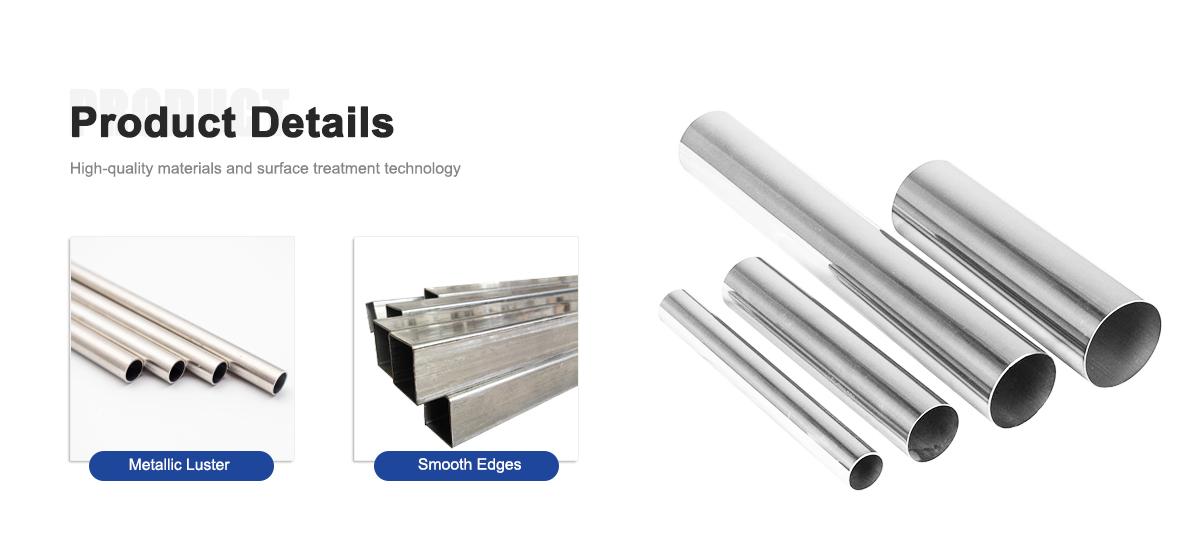
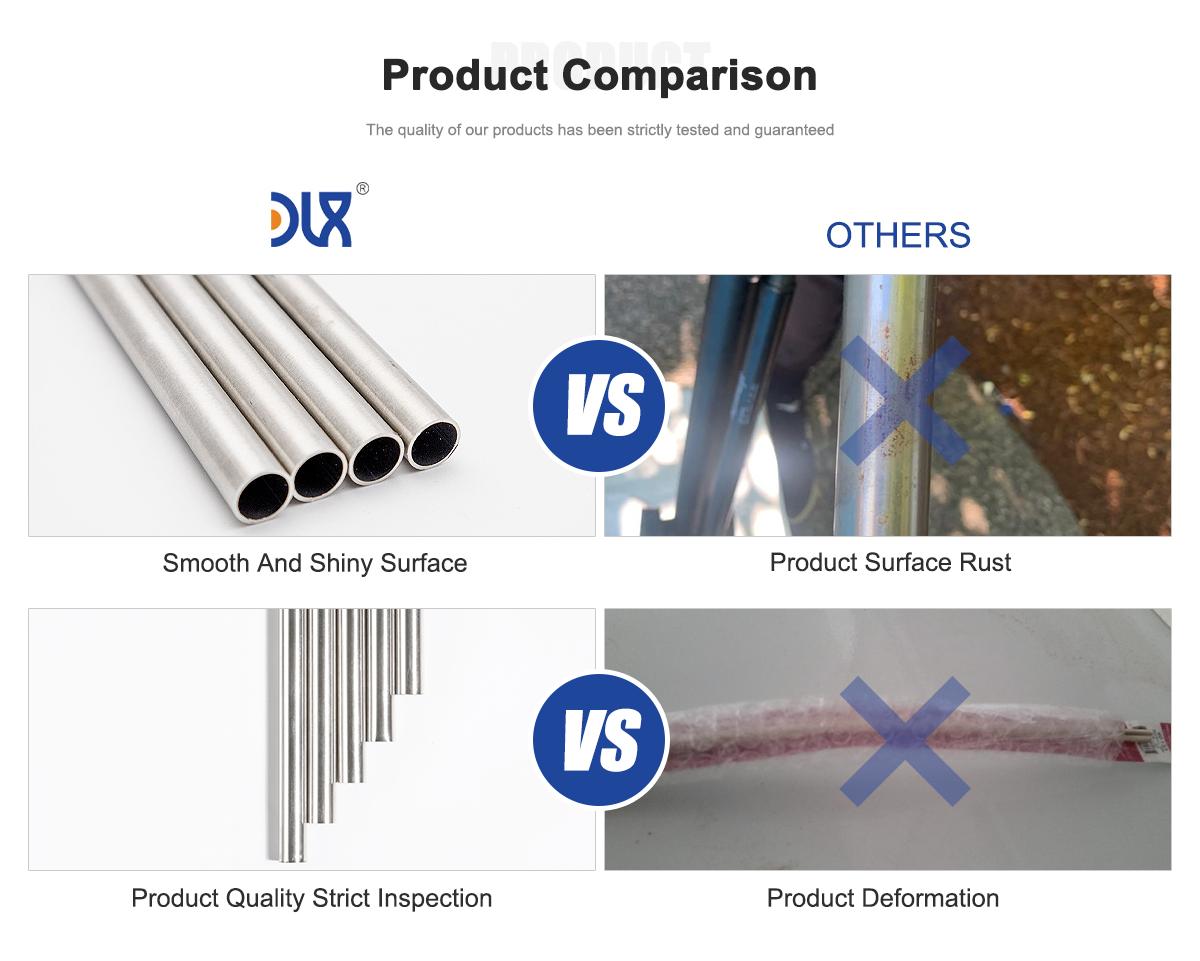
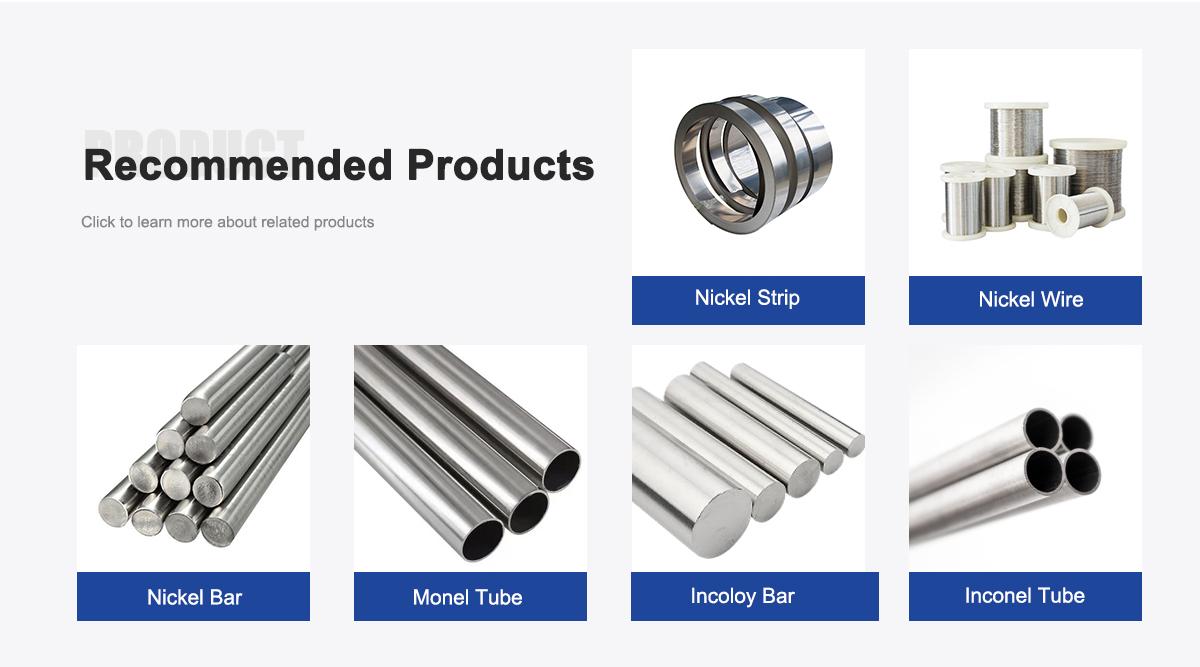
About Us:
Our 12,000㎡ factory is equipped with complete capabilities for research, production, testing, and packaging. We strictly adhere to ISO 9001 standards in our production processes, with an annual output of 1,200 tons. This ensures that we meet both quantity and quality demands. Furthermore, all products undergo rigorous simulated environment testing including high temperature, high pressure, and corrosion tests before being dispatched, ensuring they meet customer specifications.
For all our clients, we offer timely and multilingual after-sales support and technical consulting, helping you resolve any issues swiftly and efficiently.
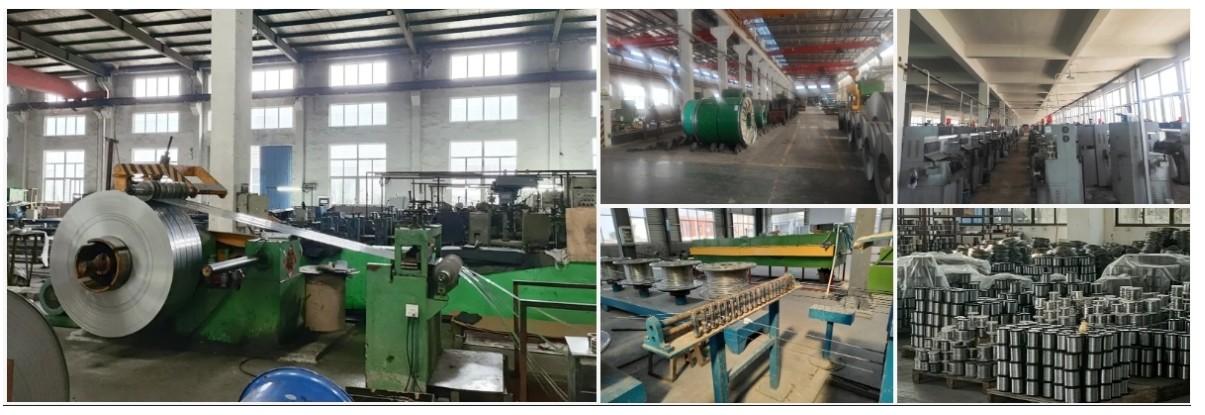
Client Visits
Building Stronger Partnerships
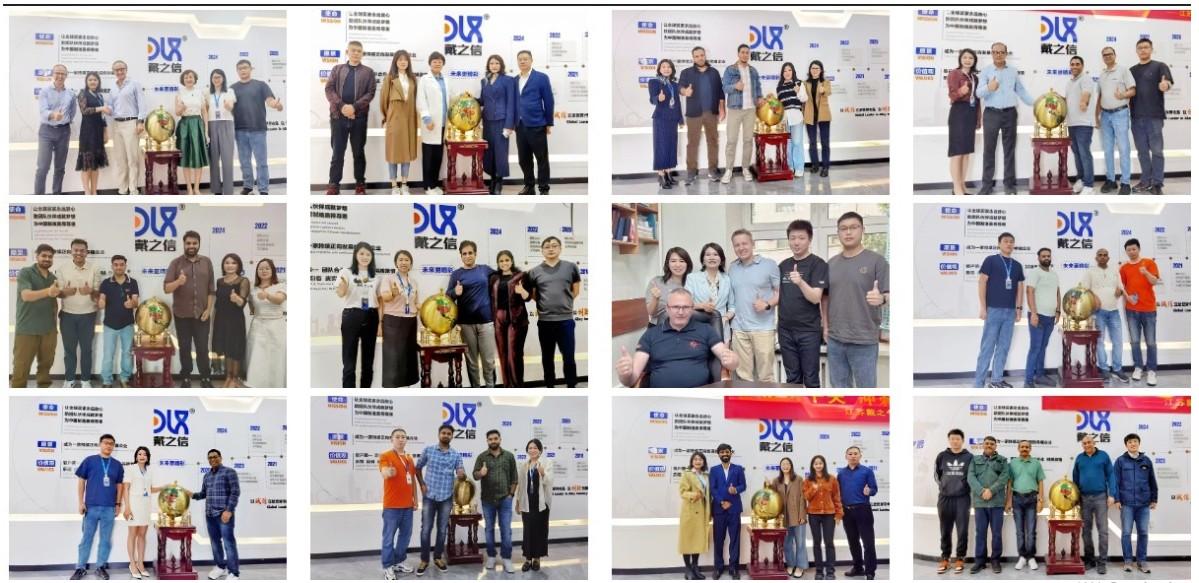
We support all kinds of testing:
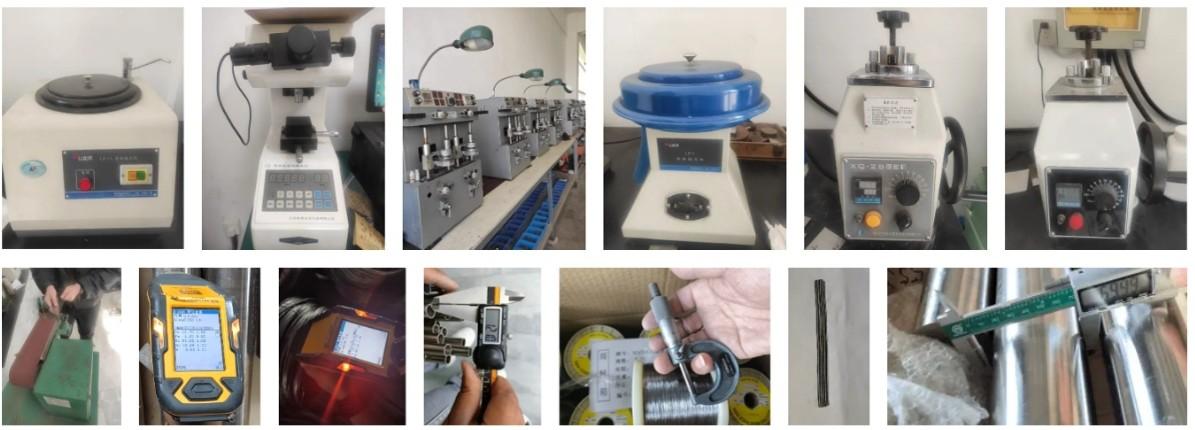

FAQs:
-
Why use ASME SB338 titanium tubes in power generation condensers?
Their superior corrosion resistance and high strength ensure reliable performance in harsh condenser environments. -
How do titanium tubes improve condenser efficiency?
Their smooth surfaces reduce fouling, and their durability minimizes maintenance, boosting heat transfer efficiency. -
What makes titanium tubes better than stainless steel for condensers?
They’re lighter, resist corrosion from cooling water and steam, and maintain performance at high temperatures. -
Can ASME SB338 titanium tubes be customized for specific condenser designs?
Yes, we offer tailored sizes, wall thicknesses, and finishes to meet unique system requirements. -
How long do titanium tubes last in power generation condensers?
They can last decades with minimal degradation, even in corrosive cooling water environments. -
Are titanium tubes suitable for high-temperature condenser applications?
Absolutely, they perform reliably at temperatures up to 400°C, ideal for steam-driven systems. -
How do titanium tubes handle biofouling in condensers?
Their smooth surfaces and corrosion resistance minimize biofouling, reducing cleaning frequency. -
What industry trends support titanium tubes in power generation?
Growing demand for efficient, sustainable energy systems and advanced cooling technologies drives adoption.

